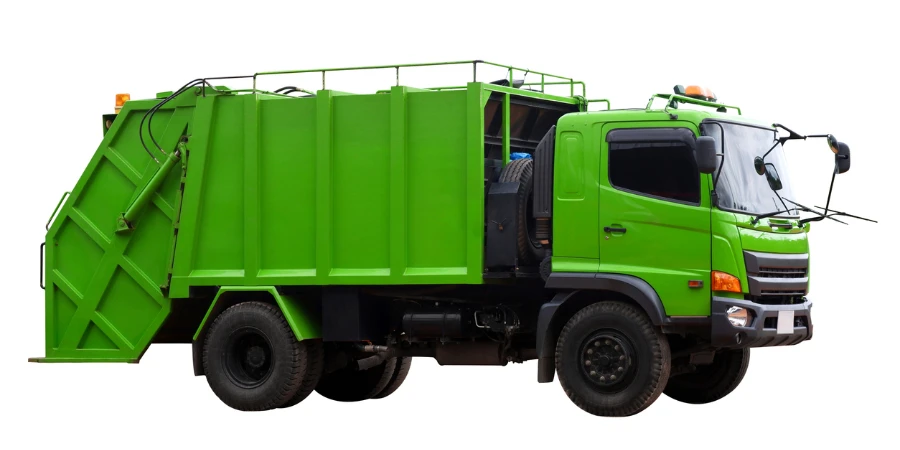Trash trucks, the unsung heroes of urban cleanliness and waste management, play a pivotal role in maintaining public health and environmental standards. These specialized vehicles are designed to collect, transport, and sometimes compact waste, making them an essential asset for municipalities and waste collection companies. This article explores the intricacies of trash trucks, from their operation and usage to costs and top models on the market.
Table of Contents:
– What is a trash truck?
– How do trash trucks work?
– How to use a trash truck
– How much does a trash truck cost?
– Top trash trucks
What is a trash truck?

Trash trucks, also known as garbage trucks, waste collection vehicles, or refuse trucks, are engineered to efficiently collect and transport waste to recycling centers, landfills, or waste processing facilities. These vehicles come in various designs tailored to different waste management needs, including front loaders, rear loaders, side loaders, and roll-off trucks. Each type is equipped with unique features to handle residential, commercial, or industrial waste, showcasing the versatility and importance of trash trucks in modern society.
How do trash trucks work?

Trash trucks operate through a combination of mechanical, hydraulic, and sometimes pneumatic systems. Front loader trucks, for example, use hydraulic forks to lift and empty dumpsters over the cab into the storage compartment. Rear loaders, on the other hand, are commonly seen in residential areas, where waste is manually or automatically loaded into the hopper and then compacted by a hydraulic packer plate. Side loaders offer automated arm functionality, allowing for efficient waste collection without manual loading. Advanced models also feature technologies for waste compaction, bin identification, and route optimization, enhancing operational efficiency and environmental sustainability.
How to use a trash truck

Operating a trash truck requires specialized training to ensure safety and efficiency. Operators must be familiar with the vehicle’s controls, including the hydraulic systems for lifting and compacting waste. Before beginning a route, it’s crucial to conduct a pre-operation check, verifying that all systems are functional and the vehicle is safe to operate. During collection, operators must adhere to safety protocols, such as using appropriate personal protective equipment and following traffic regulations. Proper maintenance, including regular inspections and servicing, is also vital to prolong the life of the truck and prevent breakdowns.
How much does a trash truck cost?

The cost of a trash truck varies widely based on factors such as type, size, features, and manufacturer. New trash trucks can range from around $100,000 for basic rear loader models to over $300,000 for advanced front loaders or automated side loaders with enhanced features. Used vehicles offer a more affordable option, though prices can still vary significantly based on condition, age, and mileage. Financing and leasing options are also available for municipalities and businesses looking to manage upfront costs while maintaining a modern fleet.
Top trash trucks

Several manufacturers stand out in the trash truck industry, offering models that prioritize efficiency, reliability, and environmental friendliness. Notable mentions include the Mack LR Electric, a pioneering electric model that reduces emissions without compromising on power or functionality. The Peterbilt 520 is renowned for its durability and versatility, catering to both residential and commercial waste collection needs. For those seeking advanced automation, the Labrie Automizer Right-Hand automated side loader offers state-of-the-art technology for improved operational efficiency and reduced labor costs.
Conclusion
Trash trucks are indispensable to effective waste management, combining sophisticated engineering with robust construction to handle the demands of modern waste collection and transportation. Understanding how these vehicles work, their costs, and the top models available can help municipalities and waste management companies make informed decisions to enhance their operations and contribute to a cleaner, healthier environment.




